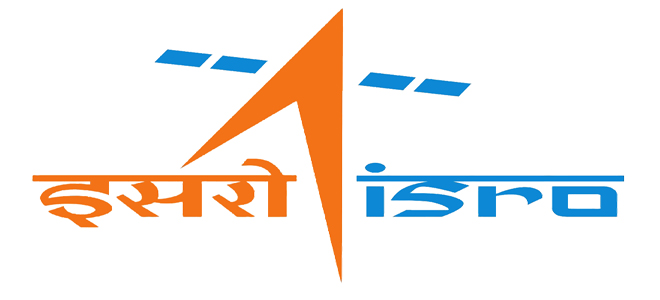
A file photo.
MYSURU (PTI): All the seven satellites of Indian Regional Navigation Satellite System (IRNSS) are expected to be in the orbit by March 2016, a top Indian Space Research Organisation official said on Monday.
IRNSS-1E is slated for launch on January 20 from the space port of Sriharikota in Andhra Pradesh.
"...from the regional navigation point of view, earlier we had launched four satellites. Another satellite IRNSS-1E is on the launch pad. It is slated for launch on January 20," ISRO Satellite Centre (ISAC) Director M Annadurai said.
He said (IRNSS) 1F and 1G satellites were also in the very advanced stages of integration at the Bangalore satellite centre.
"..by March 31st we want to have all the seven satellites constellation in place," he said.
The constellation of seven satellites was planned by ISRO to constitute IRNSS, which would be at par with US-based GPS once the full complement of spacecrafts are launched.
While four satellites would be sufficient to start operations of the IRNSS system, the remaining three would make it more accurate and efficient.
Annadurai was speaking at a session on 'Space science technology and applications' at the ongoing 103rd Indian Science Congress on the second day here.
He also said ISRO was setting up a space park in 100 acres at Bengaluru to facilitate private players with the infrastructure to take part in space-related projects.
The park is expected to be inaugurated "soon" near Whitefield in Bengaluru, he said, adding the infrastructure will be provided by ISRO itself in the land owned by it.
On the scientific discovery that the Mars Orbiter satellite has been able to make so far, Distinguished Scientist and former Director of ISAC S K Shivakumar said, "If you ask me about methane gas detection, we are yet to find exact sources and all that.."
He said, "..I really don't have the update how much of science have we been able to find out..."
Shivakumar, who was speaking on Mars Mission at a session, said the satellite was fine and functioning "as usual".
"As of Sunday evening or Monday morning, it is doing well, going round the Mars as usual and it is taking different set of pictures whatever is required," he said.
Different payloads for different experiments were all working, he said, adding "we are quite happy that all these things are going quite well."
Reiterating that the Mars Orbiter Mission may last 'many years', Shivakumar said, "we still have 37 kilo grams of fuel."
Scripting space history, India on September 24, 2014 successfully placed the low-cost Mars Orbiter Mission (MOM) spacecraft in orbit around the Mars in its very first attempt, breaking into an elite club.
ISRO had launched the spacecraft on its nine-month-long odyssey on a homegrown PSLV rocket from Sriharikota on 5 November 2013.
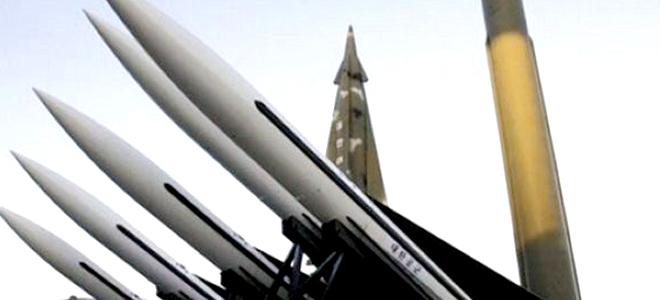 Previous Article
Previous Article Next Article
Next Article
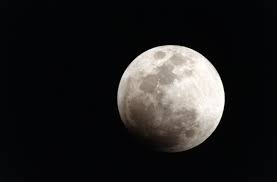
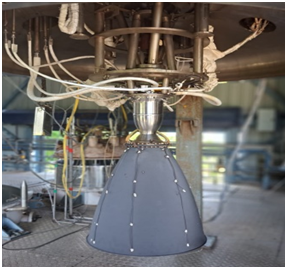
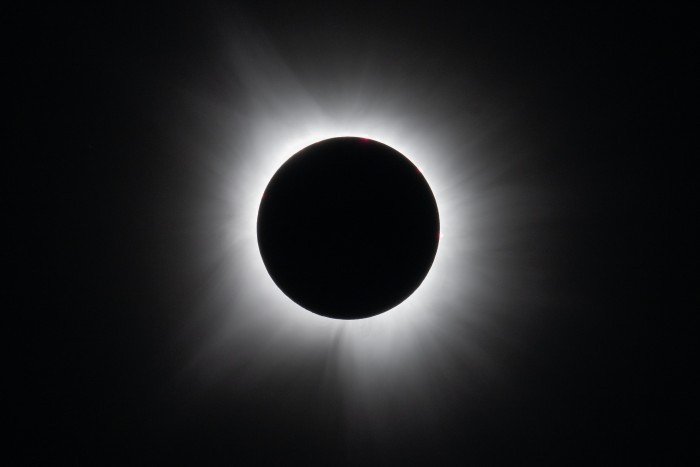
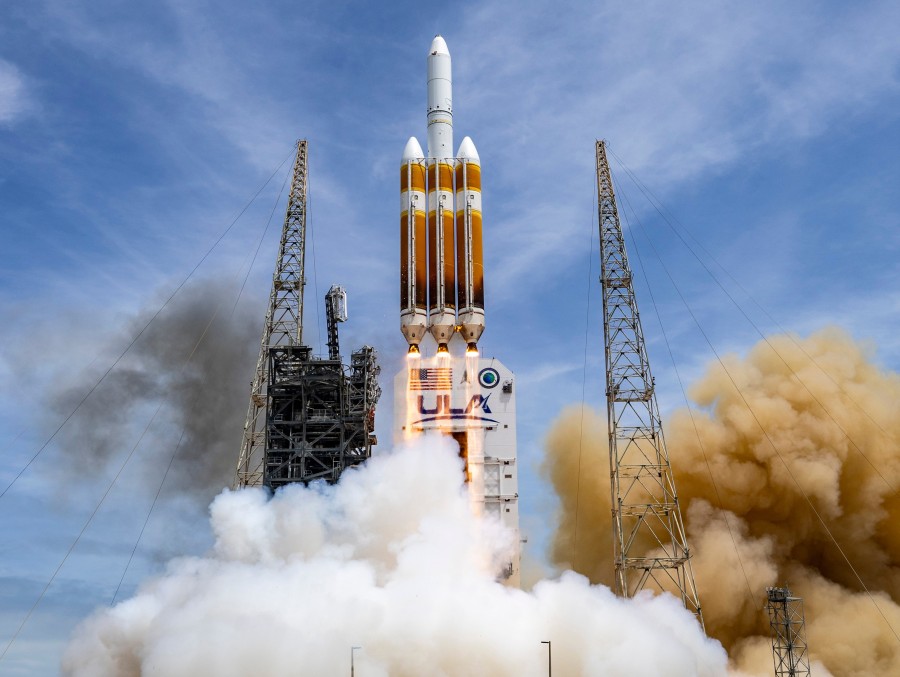

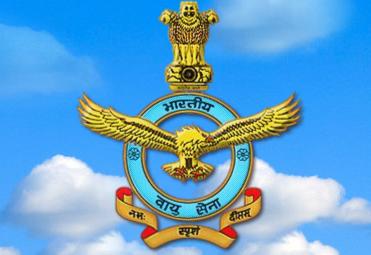
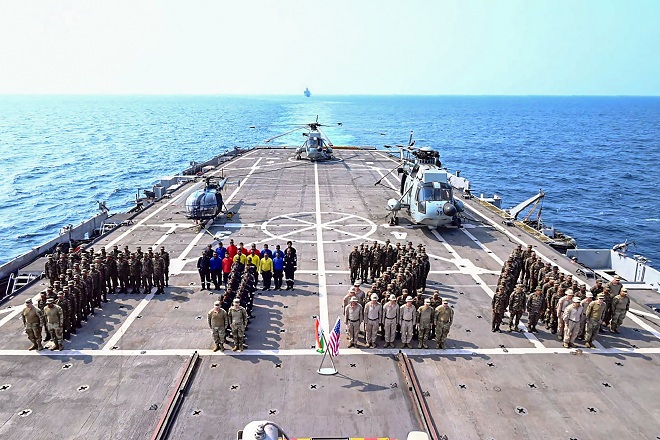
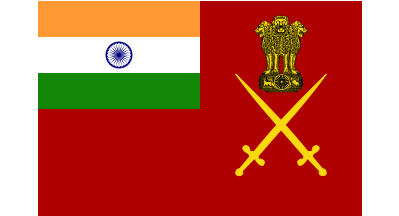





The Indian Air Force, in its flight trials evaluation report submitted before the Defence Ministry l..
view articleAn insight into the Medium Multi-Role Combat Aircraft competition...
view articleSky enthusiasts can now spot the International Space Station (ISS) commanded by Indian-American astr..
view article